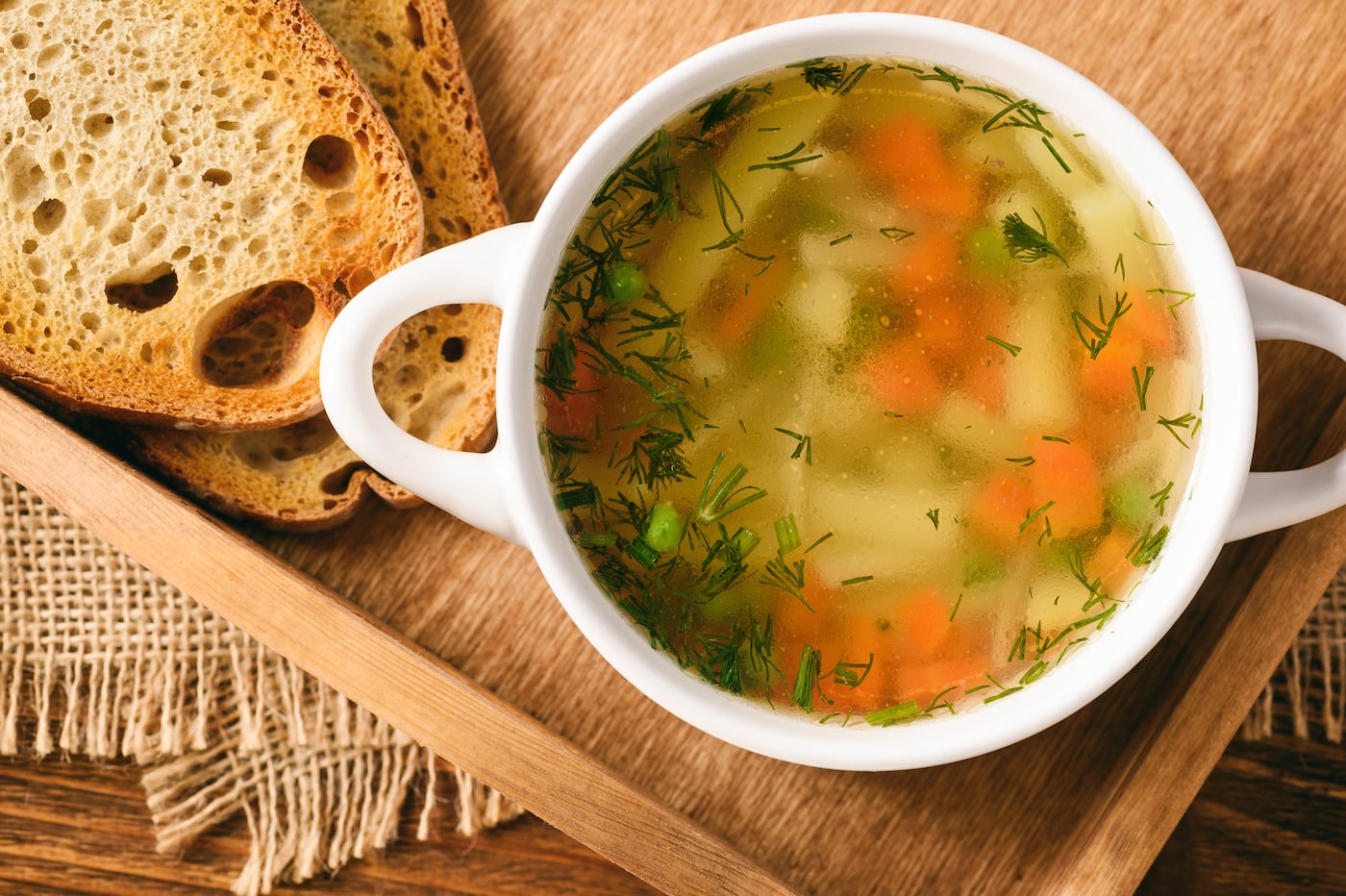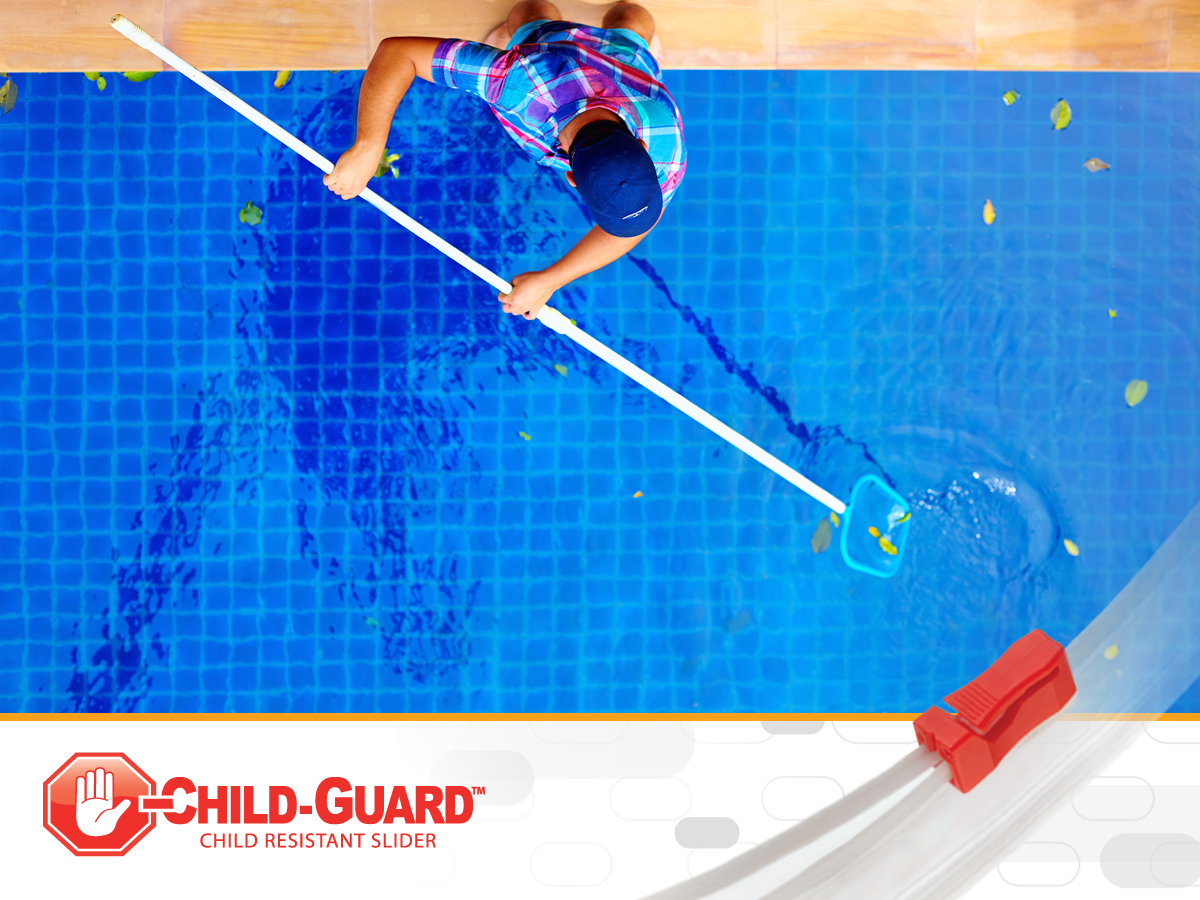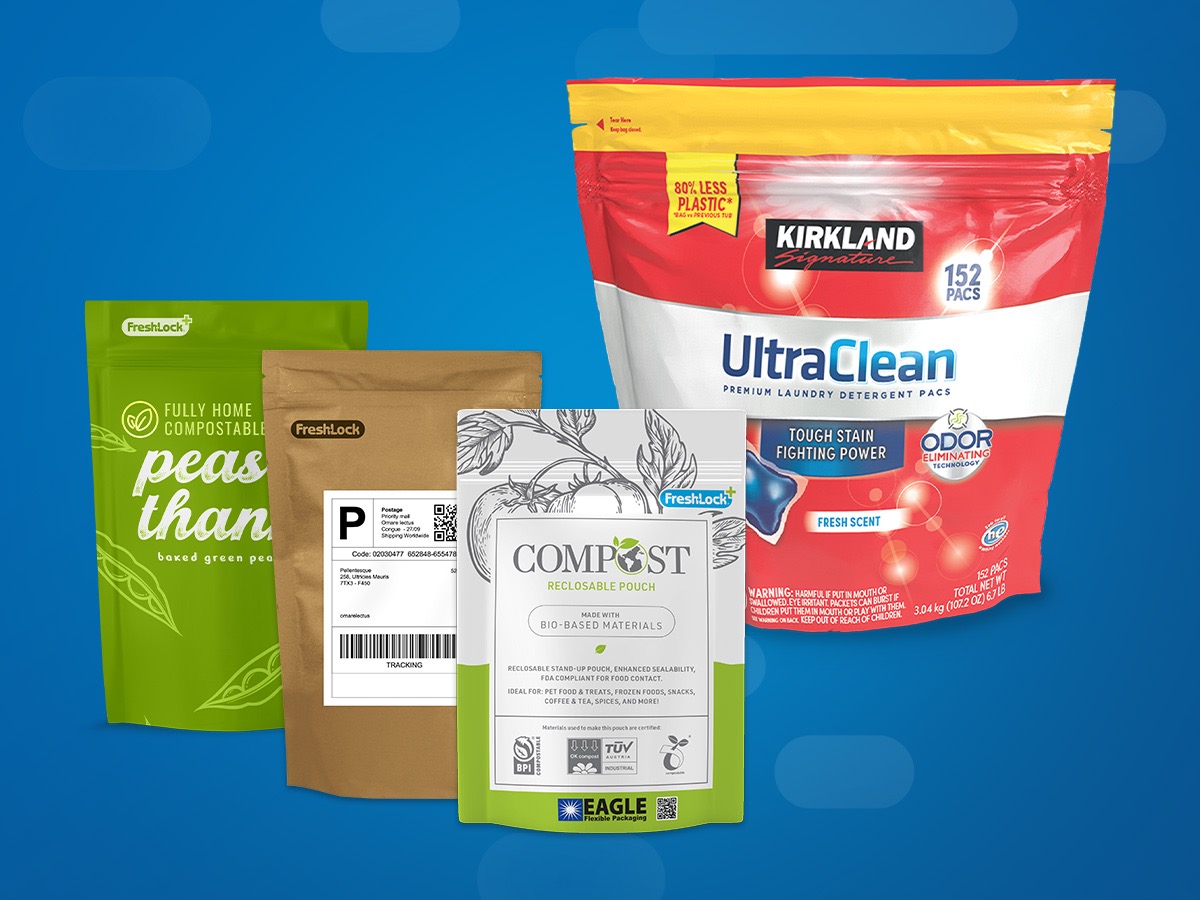
How to Keep Kids Safe When You Close Your Swimming Pool
Watching summer come to an end is tough no matter how much you love autumn and winter.
Along with the changing of the seasons comes a bevy of household chores and yard work, which get added to your already lengthy to-do list. If your family has a swimming pool, closing it up for the season will be one of the biggest jobs.
No matter how much you dread doing it, this task should be done carefully and safely, especially if you have young children. Swimming pools pose a significant safety risk to curious little kids, even when the summer is over.
From pool chemicals to covers and alarms, here's how to winterize your swimming pool the safe way.
Use a High Quality Pool Safety Cover
Using a good pool safety cover is probably the most import safety step you can take. Pool safety covers prevent drowning and save lives. However, make sure it's the right kind of pool cover.
There are a summer/solar pool covers, winter pool covers, and safety pool covers. Obviously, a summer pool cover is not designed to hold much weight, its purpose is to keep the water warm and keep debris out. Not all winter pool covers are designed for safety either. Get the details on the differences in an article from PoolCovers.com.
Even if your pool safety cover is made to hold a significant amount of weight, you should never allow children to play on top of it. If you already use a safety cover, check it over for an tearing that may have occurred since the last time you winterized your pool.
Make Sure Fencing is Secure
There may be certain laws in your state about pool fencing, or your home insurance provider could have certain requirements.
In general, safety experts recommend a permanent, four-foot high fence that children are unable to climb. It should also have a gate that is self-closing and self-latching. That's a requirement in all 50 states. As with your pool cover, inspect your gate and fencing for any damage and repair it if needed.
Learn more about pool fence safety from HouseLogic.com.
Consider Installing a Pool Alarm
An additional safety measure to protect your children around the swimming pool is an alarm that alerts you in the case of a potentially dangerous situation.
Pool alarms come in a few different types. You can install an alarm on the gate to the pool area if you want to keep kids out whenever they are unsupervised. There are perimeter alarms, which are basically like an invisible fence that sounds an alarm when some enters an unsafe area.
There are also alarms with sensors that detect motion in the water. These can float on top of the surface or be installed under the water.
Find out more about alarms and other pool safety devices on Safewise.com.
Take Down Portable Pools
If you own an above ground pool that can be disassembled, it's best to take it down when swimming season ends. This way you don't have to worry about unsafe situations for children during the off season.
The pool safety awareness blog, Abbey's Hope, says there's no reason to skip this step.
"They are easy to use, affordable and fun for the family, but portable pools can be deadly and present a real danger to young children. At the end of the season, make sure you empty the water and store the pool for the winter."
Put All Toys Away
Do not leave anything near the pool that would attract young children to play in the area without supervision.
That means putting pool toys and inflatables away until warmer weather returns. If possible, it's also wise to take down slides and diving boards, which could be tempting for kids to play on. Even patio furniture should be removed from the pool area. The less you have to attract kids to the pool's edge, the safer it will be.
Store Pool Chemicals Safely
The risk of drowning is not the only potential pool safety hazard. As you're winterizing your pool, you will need to use a variety of chemicals to shock the water, prevent pipes from freezing, and minimize algae growth.
For your own safety, make sure to read the manufacturer's handling instructions and become familiar with emergency procedures in the event of an accidental exposure to pool chemicals.
Most importantly, your pool chemicals should be stored safely. If you keep them in the garage, pool chemicals should be placed out of reach from children, the container or packaging should be closed, and if possible, the products should be kept in a locked cabinet.
If children ingest or come in direct contact with pool chemicals, they could become very illl or suffer burns. An accidental exposure to pool chemicals could even be fatal.
How Child-Guard® Can Help
Pool chemicals are one of many consumer products you can now find inside flexible packaging, such as large, durable standup pouches that are often reclosable.
Child-Guard® is a new child-resistant slider for flexible packaging that's designed for products such as pool chemicals. It can already be found on packaging for products like soluble laundry packets, providing an extra barrier of protection between young children and chemicals that could cause them harm.
When properly closed, the innovative Child-Guard® slider makes it extremely difficult for children ages five and under to open the package.
Every parent and caretaker knows you can't always be watching little kids. Sometimes they get into things they shouldn't. Child-Guard® can help make your home a safer place and give you some added peace of mind.
Pool chemicals and laundry packs are far from the only product that could benefit from a child-resistant closure like Child-Guard®.
What would you guard with this safety innovation?
Tell the world on social media using the hashtag #guardit. Like Child-Guard® on Facebook for more household safety tips!

 Back to Blog
Back to Blog


